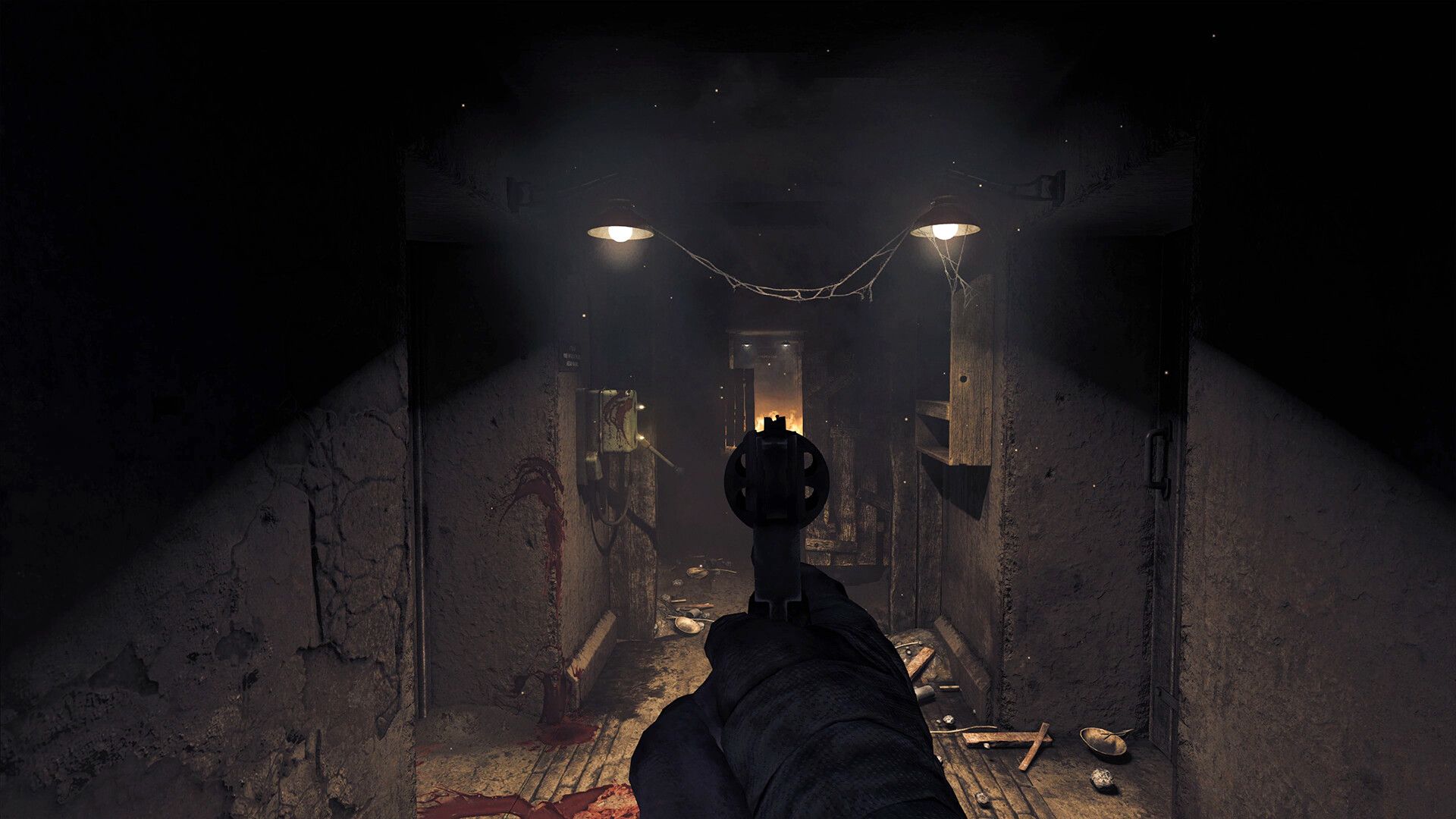
The Ultimate Thriller: Unleashing the Power of Anthology Formula in Survival-Horror Games

Unlocking the potential for endless creativity and lasting appeal, an anthology formula offers survival-horror games a fresh perspective Embrace the thrill of diverse stories and characters, as this genre evolves beyond the limitations of repetitive sequels
Horror and its various subgenres in gaming are known for their unpredictability. This can be attributed to the way thematic elements are incorporated into game design. However, many horror games often rely on cheap thrills that the genre is traditionally associated with. Survival horror stands out because it typically revolves around limited resources and the player character's lack of awareness of their surroundings. As popular classics evolve into long-standing franchises, it becomes increasingly difficult to maintain the same level of narrative and character development. Both Resident Evil and Silent Hill are examples of this, as their franchises have transformed into something unrecognizable compared to their earlier iterations.
Resident Evil gradually shifted towards an action-oriented approach, while Silent Hill games ventured too far into obscurity, resulting in underwhelming experiences for fans compared to the original installments. However, it would be unfair to solely blame these franchises for losing touch with the survival-horror elements that made them iconic. It can be argued that survival horror is not sustainable in a long-form format due to the intense and dramatic nature of the characters' encounters. This is why episodic or anthological approaches may be more suitable. By adopting an anthology format, survival-horror games could offer more profound moments and prevent beloved characters from being stretched thin.
Survival Horror Can Only Be Sustained in So Many Consecutive Sequels
The continuous release of survival-horror games featuring the same protagonists, like in Resident Evil, can lead to a saturation point where the tragic or disturbing encounters faced by these characters start to lose their impact. This is particularly true if the characters are portrayed as competent enough to survive any situation thrown at them, causing fans to become indifferent to their circumstances.
While scares can still be effective in affecting the player, resulting in a memorable and engaging initial playthrough, characters like Leon and Jill have only truly expressed trauma or grief in the remakes of Resident Evil. If Resident Evil had taken the opportunity to explore different storylines and characters, it could have evolved into a great anthology series. However, the introduction of Chris Redfield at the end of Resident Evil 7 limited this potential branching out.
In contrast, Silent Hill has successfully utilized different protagonists in separate Silent Hill experiences, allowing for fresh perspectives and unique circumstances that drive characters to the town for their own personal reasons. Unlike Silent Hill, the upcoming Alan Wake sequel faces a challenge with character repetition, as having the same protagonist as its predecessor could potentially diminish the intrigue surrounding Alan himself. Detaching Alan from the franchise named after him may prove to be a significant obstacle for future sequels or spin-offs within Remedy's interconnected universe.
Franchises like Amnesia, Outlast, and The Dark Pictures Anthology showcase the effectiveness of anthologies in the horror genre. While these games may share similar gameplay mechanics, what sets them apart and keeps players engaged is their unique atmosphere, aesthetic, and characters.
For instance, the next installment of Amnesia may feature a completely different setting compared to its predecessor, Amnesia: The Bunker, which took place during World War 1. On the other hand, The Outlast Trials introduced a cooperative and goal-oriented experience, a departure from the traditional formula of the franchise. This unpredictability and longevity add to the appeal of these games.
Silent Hill, although not technically an anthology franchise, already embodies some elements of it. With multiple standalone games, the only common thread being the location of Silent Hill, upcoming installments seem to be taking a more literal approach to the anthology concept. By producing abstract entries that are distinct from one another, the franchise aims to offer players a fresh and unique experience each time.







